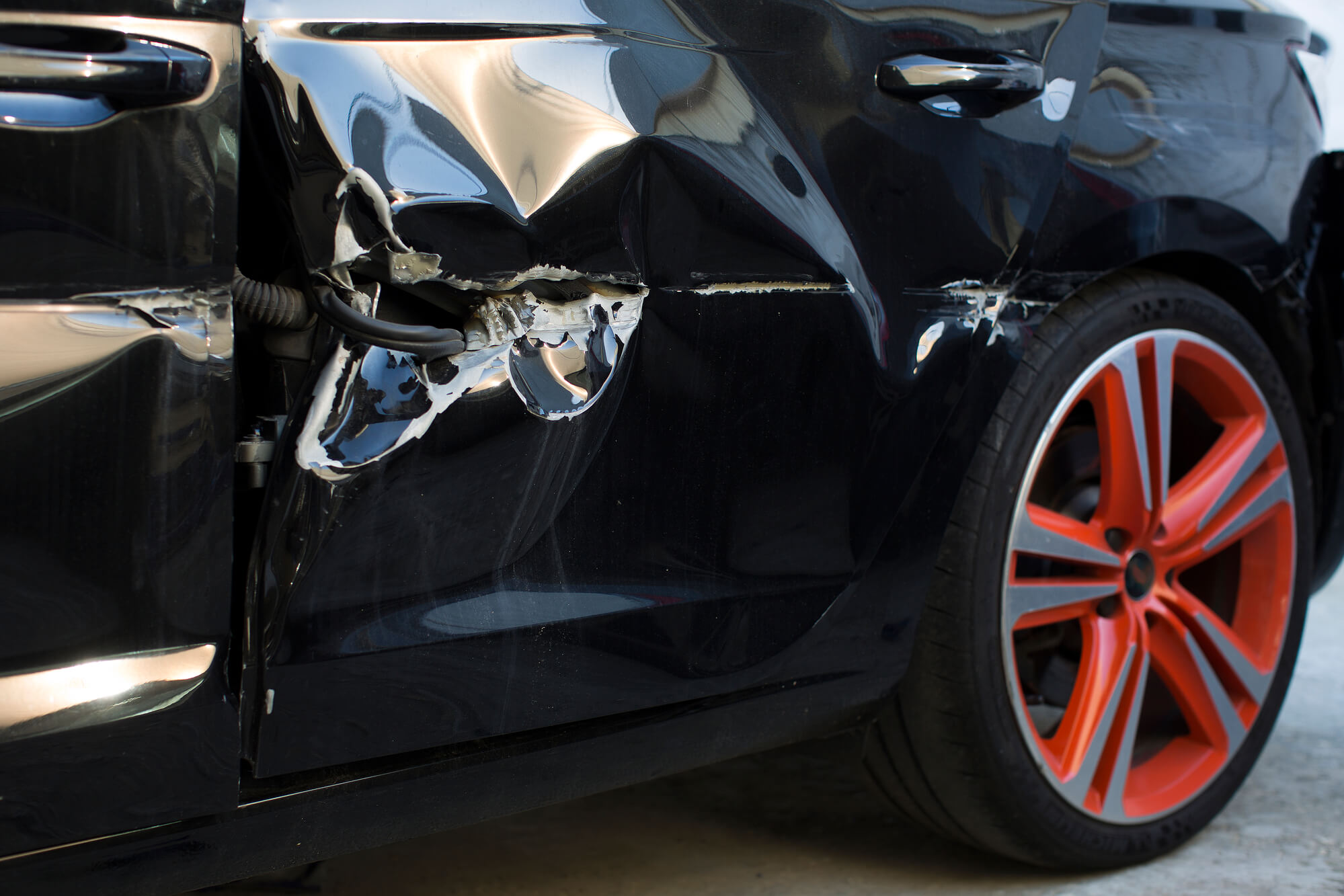Helping a Child Recover Following Roadway Accidents
Helping a Child Recover Following Roadway Accidents

Roadway accidents are traumatic events that affect individuals of all ages, including children. When a child is involved in a roadway accident, it can be a harrowing experience for both the child and their parents or guardians.
Immediate Medical AttentionThe safety and well-being of the child should be the top priority following a roadway accident. Ensure that the child receives immediate medical attention, even if injuries appear minor. Internal injuries or psychological trauma may not be immediately evident. Consulting a medical professional can help identify hidden issues and provide proper care.
Emotional SupportChildren may experience shock, fear, and emotional trauma after a roadway accident. It is crucial to provide emotional support and reassurance. Encourage them to express their feelings and fears while ensuring they are safe. Professional counseling or therapy may also benefit if the child exhibits severe emotional distress or post-traumatic stress disorder (PTSD).
Maintain RoutineChildren thrive on routine and familiarity. After an accident, try to maintain as much of their daily routine as possible. This helps create a sense of stability and normalcy during a challenging time. Consistency can provide comfort and a feeling of security.
Physical RehabilitationIf the child sustains physical injuries, follow the prescribed medical treatments and rehabilitation plans diligently. Physical therapy and exercises can help the child regain mobility and strength. Encourage them to participate actively in their recovery process, making it a positive and empowering experience.
Education and CommunicationDepending on the child’s age, educate them about road safety and the accident’s causes and consequences. Communication is essential to help them understand what happened and prevent future accidents. Tailor your explanations to their age and level of comprehension.
Legal AssistanceIn cases where the accident was caused by someone else’s negligence, it may be necessary to seek legal assistance to obtain compensation for medical bills and other expenses. A personal injury attorney can guide you through the legal process and ensure the child’s rights are protected.
Support NetworksEngage with support networks, including friends, family, and community organizations. These networks can provide additional emotional support and resources for the child’s recovery. Support groups can be beneficial for parents and children who have experienced similar accidents.
Monitor for Behavioral ChangesChildren may exhibit behavioral changes after a traumatic event. Watch for signs of withdrawal, aggression, or anxiety. These could be indicators of unresolved emotional trauma. Seek professional help if these behaviors persist or worsen over time.
Reintegration into Daily LifeGradually reintroduce the child to their daily activities, such as school, sports, and social events. Ensure they feel comfortable and safe as they transition back into their regular routine. Schools and teachers should be informed about the accident to provide additional support.
Preventative MeasuresTo prevent future accidents, educate the child about safety measures, including wearing seat belts, using helmets when cycling, and looking both ways before crossing the street. Teach them to be cautious and aware of their surroundings.
Helping a child recover following a roadway accident is a complex process that requires both physical and emotional support. It’s essential to prioritize the child’s well-being, seek professional assistance when necessary, and create a nurturing and understanding environment. By taking these steps, you can aid in the child’s recovery and contribute to their physical and emotional healing. Roadway accidents are traumatic, but children can gradually rebuild their lives and move forward with the proper care and support.